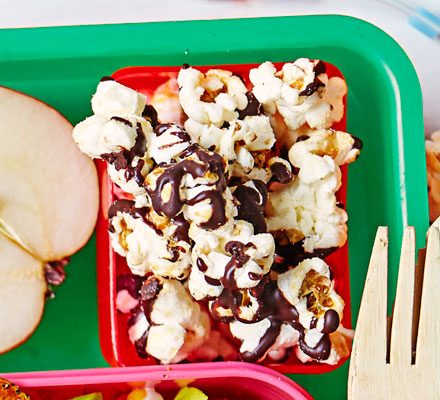Is Buying A House Cheaper Than Building?
Buying has been a popular method for home ownership for many years because most people see it as less hassle, worry and concern than building. However, with recent market fluctuations, this has come into question with so many people opting to buy their next property rather than build one. In this post we will be comparing the cost of buying and building so you can make the right decision when it comes to your new family home. Go here https://www.martinlegacyholdings.com/sell-my-house-fast-in-martinez-ga/ to know more.
Designing a House
Buying a house is usually the starting point, however, you can design your house before you purchase. This can save you time and money as it will be easier to buy the home of your dreams than go build it yourself. However, having your own plans taken into account means that the buyer must pay someone to make changes and alterations to the design plans. This is expensive and if done correctly can be a lot of work for little reward.
Building Costs
Buying a house means that you will have to pay more money for a more expensive home. This is because your new property will have features and design features, which are not included in the price of the house. However, if you choose to build, you can keep the cost of your new house down and within budget. Building is also much cheaper than buying, as many people underestimate how much work it actually takes.

Location
Buying a house can make more sense if you live in a desirable area. A house built in the city is more expensive than one built in the country because of the land surrounding it. Buying a house on an island or hillside is also more expensive, as it’s easier to build there than anywhere else.
System and Maintenance Cost
Buying a home involves having to pay for new appliances, heating and plumbing systems, windows, etc. However, building a new home can give you the chance to keep your old ones, and also use your existing furniture and household items. Although these items will have to be upgraded in some way if they are to be used in your new house.
Building Costs
Building a new home involves paying for all these costs mentioned above, but also other more expensive costs such as the development of land, planning fees and legal fees.
Repairs
Buying a house means that you will have to look after many of the home’s costs, but building a new home means that you will have to look after none of these costs. However, buying a house also has much more maintenance than building, as there are many things which can go wrong over time.

















